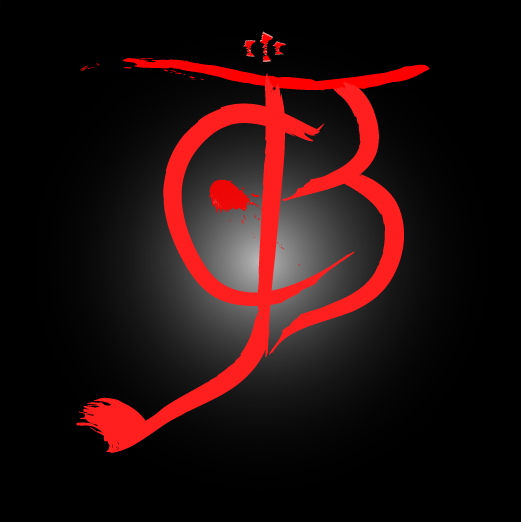
August, 2007
One of the most vividly painful things I have ever seen was my mom carrying the unrecognizable, shredded remains of her utterly beloved and cherished pet dove. My mom discovered the bird as a baby, sitting quiet on the railing of a boardwalk. He did not cower or flee, but hopped upon a proffered branch and sat calm as my mom carried him home. Initially averring that she would give him over to rescue or rehabilitation once he was older, ‘Tweety’ instead became a permanent fixture on my mom’s porch. He adored her, and would sit beside her or upon her head, or on her finger, his curious and inquisitive eyes peering at her, evincing nothing but love and appreciation.
When my sister’s dog, Sandy, the first day in from San Diego, found the front door open and caught, mangled, eviscerated and mutilated Tweety, his remains a scattering of grey-brown feathers and unidentifiable chunks of flesh, my mom was devastated. I found Sandy on the porch—having just awakened, I thought it odd that the door was open and the house empty. Everyone had left on various tasks. The house was quiet, but some energy filled it, some palpable residue of fled life.
I found Sandy astride Tweety’s exploded body, and dragged her away—I do not remember clearly, but I do not think I was kind or gentle. When my mom came home, she was devastated. I had nothing to offer. Standing over Tweety’s remains, all I could think was, “There is no way to fix this. There is absolutely nothing I can do to make this right.”
I went inside to get a vessel of some kind: a box, a bowl, a cup, anything into which to collect the pieces of the sweet dove. From the kitchen window, I saw my mom outside, and possibly even more than that first sight of Tweety’s body on the porch, the vision of my utterly distraught mother is a permanent fixture in my memory: of pain and loss and confusion and distress, of desperation and devastation, her features, bunched and weeping, tight and desperate, and her movement, uncertain, lost, blind. She stood in the yard near the trash cans, holding before her a dustpan with Tweety’s collected remains. She lifted the lid to the trash cans, and I could see in her the idea—what else should she do; and yet, it was impossible...how could something so precious and meaningful, something that embodied Love, simply slide off the edge of the dustpan into the same plastic reservoir into which was poured paper towels and cat litter and empty milk cartons. And she stood there, and she considered the gaping void, and she trembled and wept and replaced the lid and took a tottering step away, the numinous dustpan held firm in a grip of willpower and devotion before her--
I fled the house and ran outside and I said, “Find something to put him in,” and I took the dustpan from her. Afterward, she found a vase, and as I sat upon the concrete gathering stray feathers, we wept and talked about Tweety. That vision of my mom, the exquisite and palpable agony pouring off of her features, her desperation and pain utterly vivid, will never leave me. It haunts me and stands forever in my mind as a salient reminder of the irrevocability of death and loss, and our human incapacity in its face.